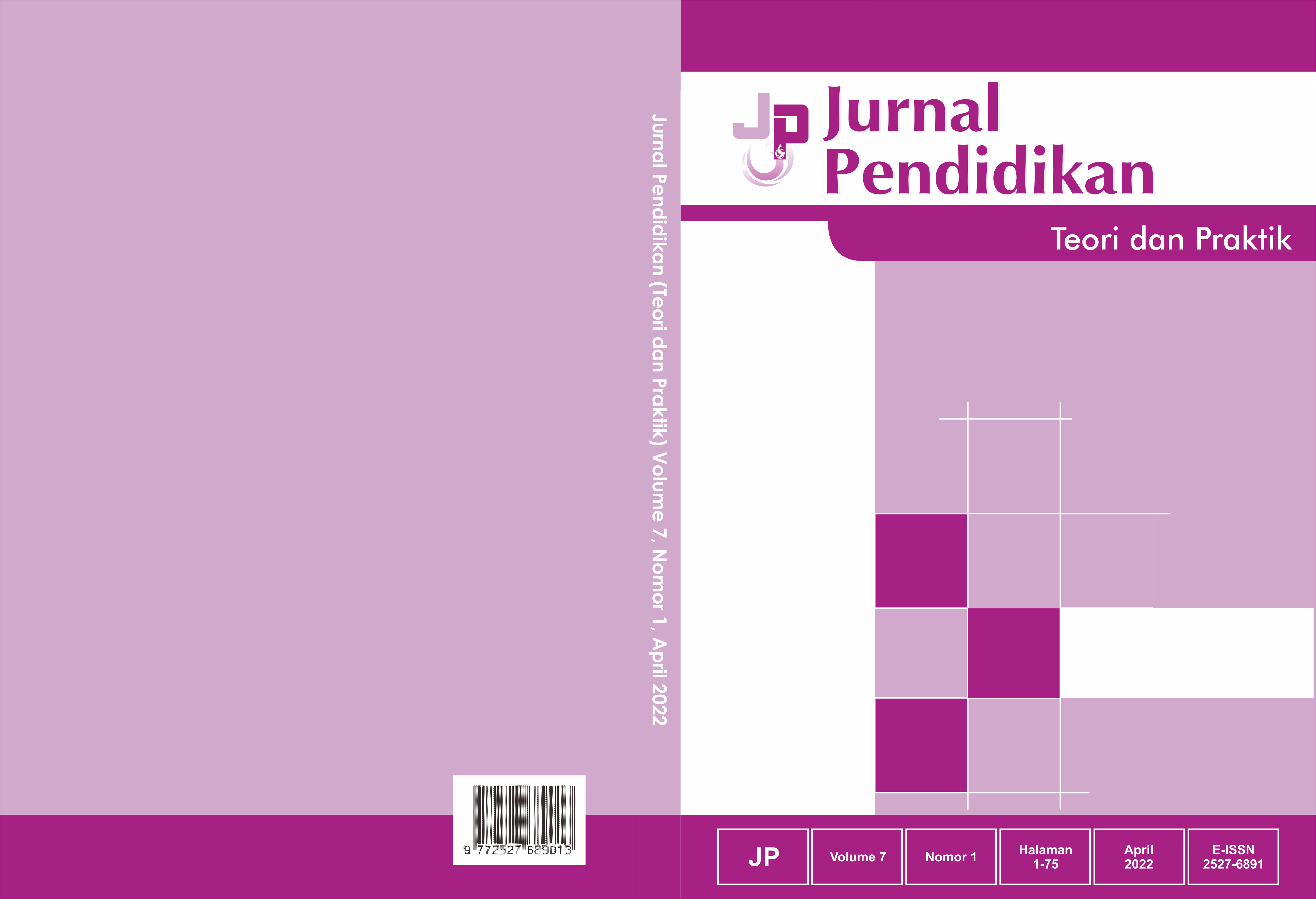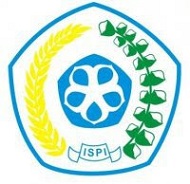DEVELOPMENT OF ANDROID-BASED MOBILE LEARNING LEARNING MEDIA IN INFORMATICS CLASS X HIGH SCHOOL
DOI:
https://doi.org/10.26740/jp.v10n1.p52-68Keywords:
Mobile Learning, Android, Informatics, Research and Development (R&D)Abstract
Most students use their smartphones to access social networks, while their use in learning activities is still limited. The aim of this research is to design mobile learning media for Android-based Informatics subjects. The development method in this research is Research and Development (R&D). This research was conducted to test the feasibility, practicality and effectiveness of a product being developed. The results of this research indicate that Android-based mobile learning for Informatics subjects is suitable for use as a media to support independent learning, in accordance with tests carried out on aspects of the material, design and media tested on students. The average feasibility score obtained from experts was 85.92% and the average feasibility score from trials was 90.56%. Practicality tests were also carried out on teachers and students, where the average score obtained from teachers was 93.33% and the average score from students was 93.06%. And the last test is the product effectiveness test where an average score of 84.9 was obtained. Based on the results obtained, it can be concluded that the validation of the results of developing Android-based mobile learning media is valid, practical and effective for use in Informatics subjects. Mobile learning Informnatika can increase student interest in learning and also increase student interest in learning and also improve student learning outcomes
References
Amirullah, G., & Hardinata, R. (2017). Development of mobile learning for learning. Jurnal Family Welfare and Education, 4(2), 97–101.
Ansori, K. T., Roza, Y., & Maimunah. (2020). Computational thinking in problem solving. Dirasah: Jurnal Ilmu Pendidikan Islam dan Studi Manajemen, 3(1), 111–126.
Faruqi, U. A. (2019). Future service in Industry 5.0. Jurnal Sistem Cerdas, 2(1), 67–79. https://doi.org/10.37396/jsc.v2il.21
Fukuyama, M. (2018). Society 5.0: Aiming for a new human-centered society. Japan Spotlight.
Nurillahwaty, E. (2022, December). Peran teknologi dalam dunia pendidikan. In Seminar Nasional Program Pascasarjana Universitas PGRI Palembang (Vol. 1, pp. 81–85).
Potočan, V., Mulej, M., & Nedelko, Z. (2020). Society 5.0: Balancing of Industry 4.0, economic advancement and social problems. https://doi.org/10.1108/K-12-2019-0858
Ramadani, S. A., Putra, H. K., Subiyantoro, S., & Fauziyah, S. (2024). Development of Android-based mobile learning media for computer device materials as teaching materials for Informatics subject teachers. Affective Development Journal, 1(1), 8–15.
Ranuharja, F., Ganefri, G., Fajri, B. R., Prasetya, F., & Samala, A. D. (2021). Development of interactive learning media edugame using ADDIE model. Jurnal Teknologi Informasi dan Pendidikan, 14(1), 53–59.
Spatioti, A. G., Kazanidis, I., & Pange, J. (2022). A comparative study of the ADDIE instructional design model in distance education. Information, 13(9), 402.
Uther, M. (2019). Mobile learning – Trends and practices. Journal of Education Sciences, 3(33), 1–3.
Yusup, M. A., Herlambang, A. D., & Wijoyo, S. H. (2023). The effect of computational thinking skills on student learning motivation in the basic subject of Graphic Design Department of TKJ at SMK Muhammadiyah 1 Malang. Jurnal Information Technology and Computer Science Development, 7(2), 781–795. http://jptiik.ub.ac.id
2anto, M. (2017). Interactive learning multimedia design and programming. Jember: Smart and Tenacious.
Downloads
Published
How to Cite
Issue
Section
License

This work is licensed under a Creative Commons Attribution-ShareAlike 4.0 International License.
 Abstract views: 243
,
Abstract views: 243
, PDF Downloads: 217
PDF Downloads: 217








.png)





